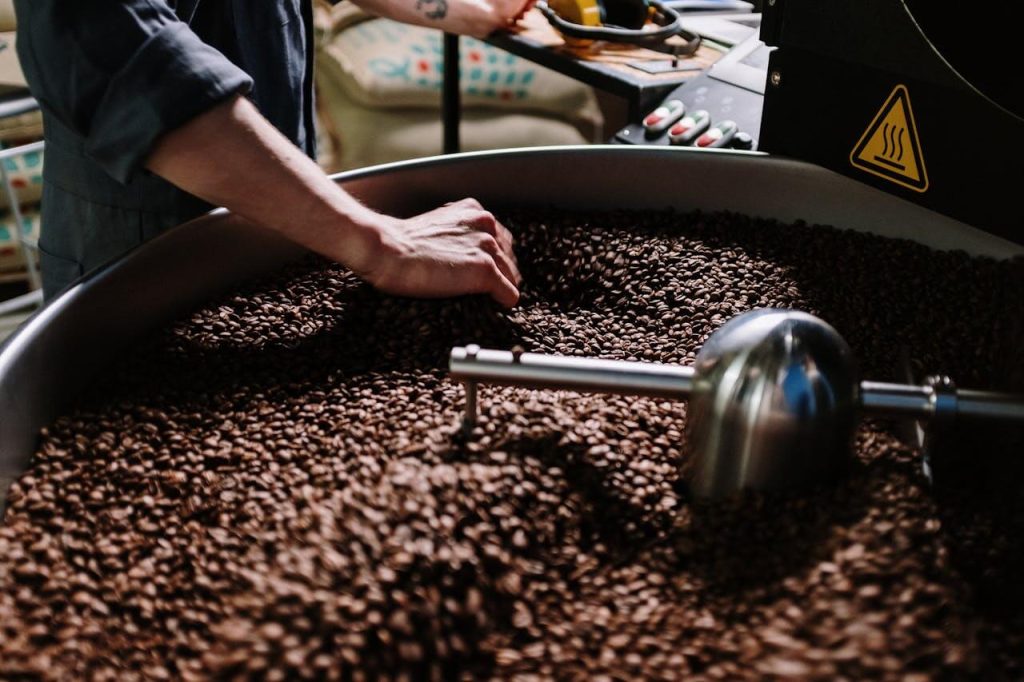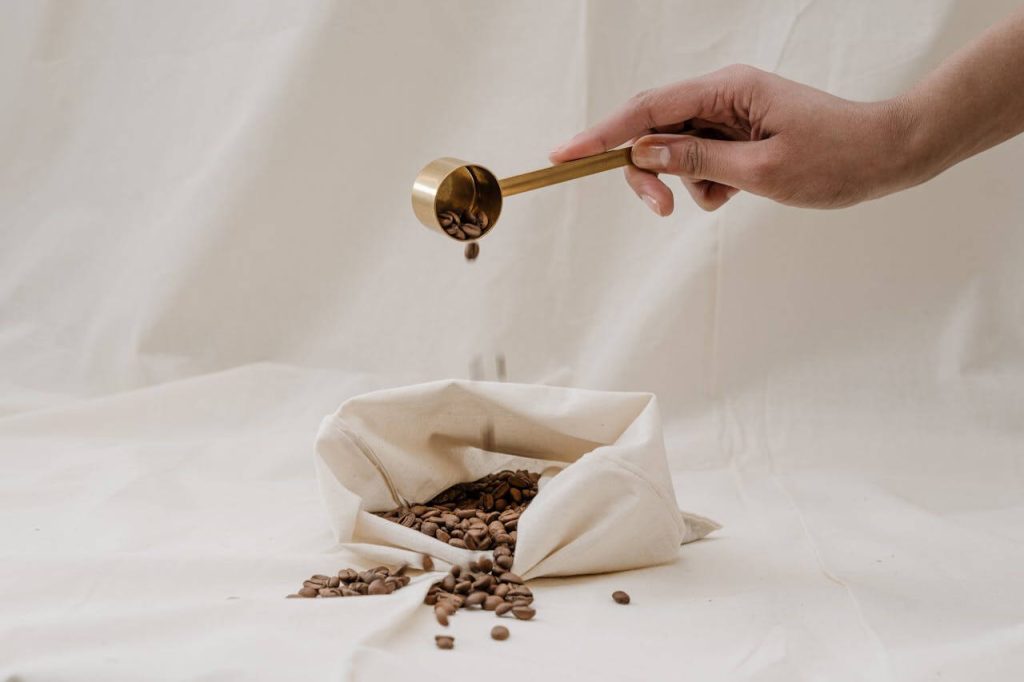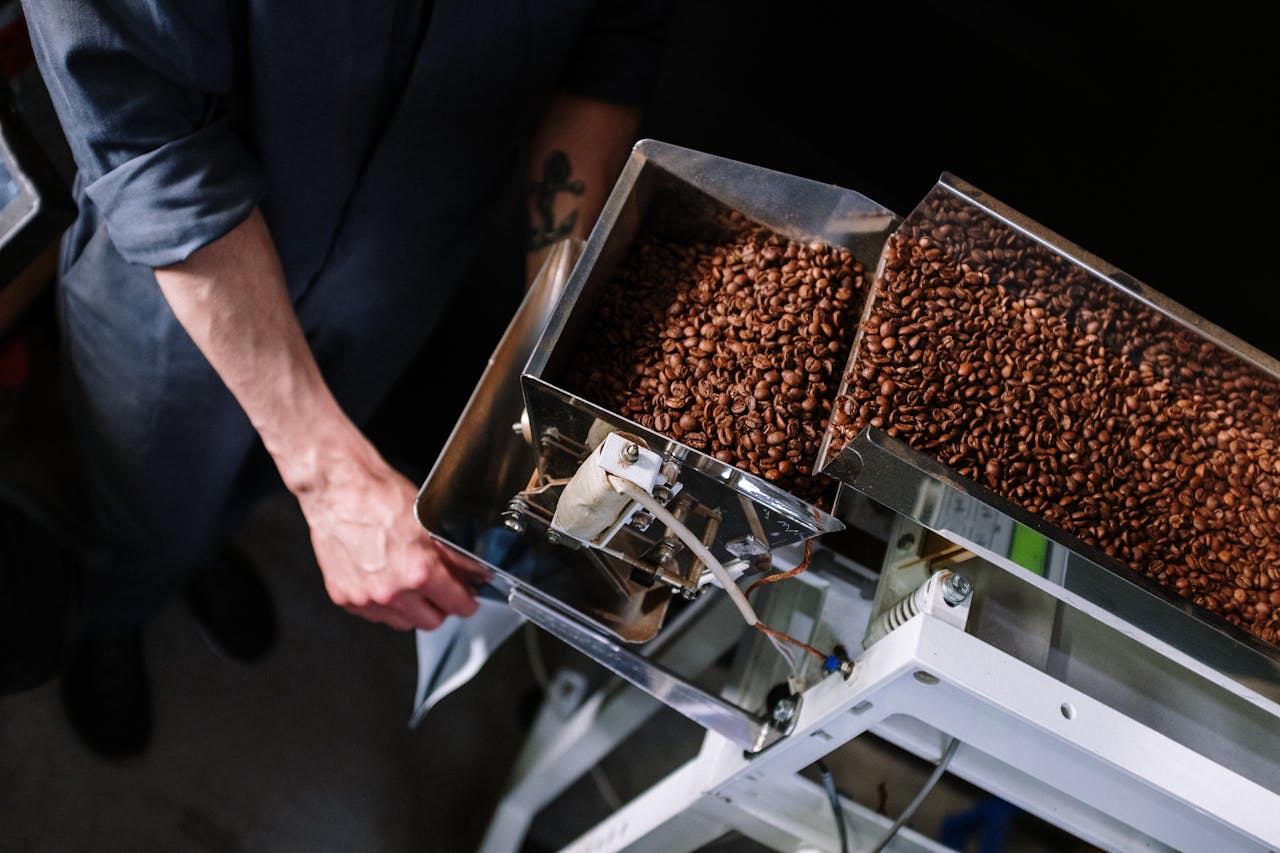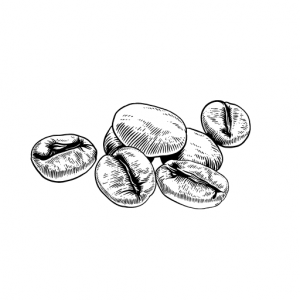Coffee, a popular beverage across the world, has its origins in various varieties of coffee plants. Some of them, Coffee Arabica, commonly referred to as Arabica, stands apart as the top choice for individuals looking for a delicate and subtle coffee experience. But the journey of a perfect cup of Arabica coffee extends far beyond the steaming mug. It’s a captivating exploration of origin, variety, processing methods, and ultimately, a discovery of your own personal taste preferences. This comprehensive guide delves into the world of Arabica coffee, equipping you with the knowledge to choose the best beans for an exceptional coffee experience.

Understanding the Essence of Arabica Coffee
Arabica coffee, scientifically known as Coffea arabica, is one of the two primary coffee plant species used in commercial coffee production, alongside Coffea canephora (Robusta). https://icocoffee.org mentions that Arabica dominates the global coffee trade, accounting for roughly 60% of all coffee production globally. Its popularity stems from its distinct flavor profile – mild, complex, and generally smoother and more fragrant than its Robusta counterpart. Arabica beans boast a diverse range of flavor profiles, influenced by factors like growing conditions, processing techniques, and roast level. Hints of fruit, flowers, and subtle acidity create a symphony of taste that has captivated coffee lovers for centuries.
Originally hailing from the highlands of Ethiopia, Arabica thrives at higher altitudes in tropical or subtropical climates. These delicate plants are easily distinguished by their oval-shaped beans, often featuring a characteristic curved indentation on one side. Compared to Robusta beans, Arabica boasts a lower caffeine content, contributing to its smoother and more nuanced flavor profile. You can visit our website to learn more about Arabica and Robusta beans.
Choosing the Perfect Arabica Coffee: A Multifaceted Journey

Selecting the ideal Arabica coffee isn’t a one-size-fits-all proposition. It’s a personal exploration, a journey of discovery guided by your taste preferences and a willingness to experiment. Here are some key factors to consider when embarking on your quest for the perfect cup:
- Arabica Coffee Bean Varieties: The world of Arabica boasts a staggering array of varieties, each with its own unique flavor profile. For those who enjoy fruity notes, exploring varieties like Yirgacheffe from Ethiopia or Kenyan coffees known for their citrusy acidity might be a delightful adventure. Nutty undertones are prevalent in Colombian Supremo beans, while Sumatran Mandheling offers a rich, earthy flavor profile. Perhaps you prefer the floral and tea-like characteristics of Ethiopian Harrar coffee, or the complex sweetness of Geisha beans cultivated in Panama. Each variety possesses its own distinct aroma and taste, and experimenting with different types can be a fun and rewarding experience.
- The Allure of Origin: The geographic location where Arabica beans are cultivated significantly impacts their flavor. Different coffee-growing regions possess unique “terroirs” – a combination of factors like climate, soil composition, and altitude – that contribute to distinct flavor characteristics. Ethiopian beans are known for their bright, floral, and citrusy notes, while Colombian coffees boast a well-balanced and nutty flavor profile. Kenyan beans can be refreshingly acidic, and Guatemalan coffees often possess a rich, chocolatey depth. Understanding these regional variations allows you to discover and appreciate the unique offerings of various coffee-growing nations.
- The Importance of Altitude: Generally, coffee grown at higher altitudes tends to produce more complex and desirable flavors. Beans labeled as “high-altitude” or “high-grown” often command a premium price due to the slower growth rate and distinct flavor profiles that result from cooler temperatures. Slower maturation allows for a longer development of complex sugars and acids within the beans, ultimately translating to a more nuanced and captivating cup.
- Processing Techniques: Beyond origin and variety, the post-harvest processing methods employed by coffee farmers significantly impact the final flavor profile. The three primary processing methods – washed, natural, and honey-processed – each offer distinct characteristics. Washed processing removes the fruit flesh from the beans after picking, resulting in a cleaner and brighter cup. Natural processing allows the fruit to dry on the bean, imparting fruity and floral notes. Honey processing, a variation of the natural method, involves removing some, but not all, of the fruit flesh, creating a flavor profile that bridges the gap between washed and natural coffees. Understanding these processing techniques empowers you to choose coffee beans that align with your desired flavor profile.
- Roasting Level: The roasting process plays a crucial role in unlocking the flavors within the coffee bean. Lighter roasts tend to highlight the natural characteristics of the bean, showcasing the delicate fruit and floral notes. Darker roasts, on the other hand, develop a bolder and more intense flavor profile with a richer body and smokier undertones. Choosing the roast level that aligns with your taste preference is key. For those who enjoy the subtle nuances of Arabica, a lighter roast might be ideal. Coffee enthusiasts seeking a bolder and more pronounced coffee experience might favor a darker roast.
Beyond the Coffee Bean: Freshness, Grind, and Storage
While bean selection plays a critical role in the final cup, additional factors contribute to an exceptional Arabica coffee experience:
- Freshness is Paramount: Since Arabica beans are known for their delicate and nuanced flavors, freshness is crucial. Look for “roasted on” dates on coffee packaging rather than “best before” dates. Coffee beans begin to lose their freshness and aroma shortly after roasting. Opting for freshly roasted beans ensures you’re experiencing the full spectrum of flavors the beans have to offer.
- Whole Beans for Optimal Control: For the most control over the flavor and quality of your coffee, consider purchasing whole Arabica beans and grinding them yourself just before brewing. Pre-ground coffee exposes a larger surface area to air, accelerating the staling process. Grinding your beans immediately before brewing preserves the volatile oils and delicate flavors within the beans for a more flavorful cup.
- Storage Matters: Once you’ve acquired your freshly roasted Arabica beans, proper storage is essential to maintain their freshness and aroma. Store your coffee beans in an airtight container made of opaque material, such as a ceramic canister or a sealed bag with a one-way valve. This protects the beans from light, heat, and moisture, the primary enemies of coffee freshness. Ideally, store your coffee beans in a cool, dark pantry away from heat sources like ovens or coffee machines.
A Celebration of Personal Preference
The quest for the perfect cup of Arabica coffee is a journey of personal exploration. By delving into the world of bean varieties, origins, processing methods, and roasting levels, you cultivate a deeper appreciation for the complexities of this beloved beverage. Experiment with different combinations to discover what truly excites your palate. There’s no single “correct” answer when it comes to Arabica coffee – the beauty lies in the exploration and the joy of finding your own perfect cup. So, embrace the adventure, savor the journey, and let the captivating world of Arabica coffee unveil its secrets to you, one delicious cup at a time.


